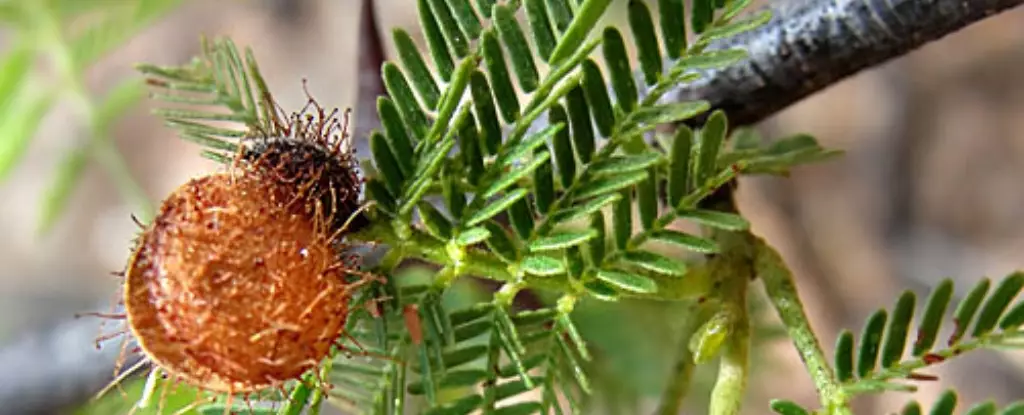In recent years, the therapeutic landscape for mental health has dramatically shifted, with psychedelics emerging as a focal point for researchers and treatment practitioners alike. Among these psychedelics, the jurema preta plant, revered in Indigenous Brazilian traditions, is gaining recognition for its potential to alleviate depression. Historically utilized in spiritual ceremonies, its roots harbor dimethyltryptamine (DMT), a powerful psychedelic compound that has shown promise in a clinical setting. As society increasingly embraces alternative therapies, the conversation around the ethics, efficacy, and scientific implications of using substances like jurema preta is growing louder.
Personal Journeys: Transformative Experiences with Jurema Preta
The anecdotal testimonials of individuals who have turned to jurema preta for relief illuminate the personal dimension of mental health treatment. Take, for instance, the story of Guaracy Carvajal, a software programmer who embarked on a self-directed journey to extract DMT from the plant. His experiences with the substance were profound, leading him to assert that it felt as if he had addressed long-standing issues in his life. Carvajal’s experience underscores a central theme in the use of psychedelics—the capacity for therapeutic insights that arise during altered states of consciousness.
Psychologist Draulio Araujo’s research adds a layer of rigor to this conversation. His clinical studies with patients show early signs of improvement in depressive symptoms shortly after DMT treatment. However, Araujo was quick to hedge these promising findings with a vital caution: the experience is not universal and does not replace psychotherapeutic interventions. The message is clear: while jurema preta holds potential, its efficacy can vary based on the individual, making personalized treatment approaches essential.
Psychedelics and Democratic Access: Legal and Cultural Context in Brazil
Brazil’s unique perspective on psychedelic substances provides a fascinating backdrop for understanding jurema preta’s role in mental health. Unlike many countries, Brazil does not impose a ban on the cultivation or possession of jurema, although the consumption of DMT remains heavily regulated. This legal allowance has facilitated an environment where indigenous and modern practices coalesce, creating larger conversations around legality, spirituality, and healing.
As participants like Joyce Souza at jurema ceremonies illuminate, the therapeutic potential of jurema extends beyond mere chemical interactions within the brain. Attendees describe experiences that deepen self-communication and offer spiritual insights, blurring the lines between psychological and spiritual healing. Such practices underline how cultural context shapes the use and perception of psychedelics in mental health narratives.
Research and Realities: The Road Ahead for Psychedelic Therapy
Despite the promising results emerging from the initial studies on jurema preta and DMT, a culture of caution persists within the scientific community. Researchers emphasize that psychedelics are not panaceas; the factors influencing their efficacy are complex and vary widely among individuals. Fernanda Palhano-Fontes points out the stark disparity in patient outcomes—while some experience significant relief, others may not respond at all. This variability accentuates the importance of comprehensive, longitudinal studies to further understand the nuanced profile of psychedelic-assisted therapy.
Araujo’s ambitions of scaling his research to include 100 patients signal an exciting frontier in the exploration of jurema preta. Such studies will yield vital data, potentially paving the way for systemic inclusion of psychedelics in clinical treatment options. With an aim to delineate the conditions under which these substances may be effective, Araujo’s work heralds a future where psychedelics can coexist with traditional therapeutic modalities.
The investigation into jurema preta as a therapeutic agent represents more than just a scientific inquiry—it marks a societal shift toward recognizing the integral role of plant-based substances in holistic health. As debates around mental health treatment evolution unfold, the experiences of individuals like Carvajal and the ongoing research by professionals like Araujo and Palhano-Fontes contribute to a more expansive understanding of healing. The journey ahead will demand collaborative efforts between scientists, practitioners, and the communities that have revered these plants for centuries. Only then can a truly integrative approach to mental health emerge, one that honors both tradition and innovation.

